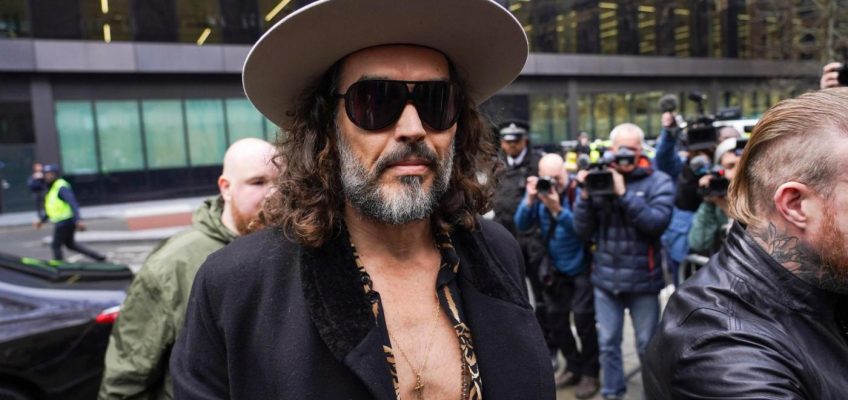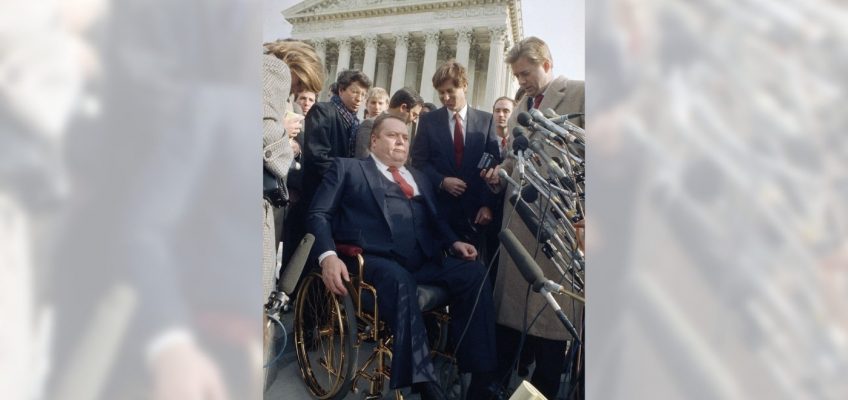By ELAINE KURTENBACH, AP Business Writer
BANGKOK (AP) — World shares were mixed Tuesday after U.S. stocks slumped on heavy selling of shares in companies that could be losers in the artificial-intelligence boom.
A report by Citrini Research, a New York-based financial services company, that outlined a future scenario in which AI’s dominance caused the “human-centric consumer economy,” to wither away with dire consequences for employment, was the latest hit to confidence for companies that might be displaced by fast expanding use of the technology.
Related Articles
Home Depot tops expectations in the fourth quarter, but customers pull back on spending
In downtown St. Paul, Aldi seeks permits to move into former Lunds & Byerlys
Mr. Clean retires after 68 years as company mascot
Small-town Minnesota wine gets international attention
Fed’s Waller says rate cut in March is a ‘coin flip’ following a strong US jobs report
“Policy response has always lagged economic reality, but lack of a comprehensive plan is now threatening to accelerate a deflationary spiral,” the report says.
Still, Tuesday brought gains for computer-chip makers and other companies that profit from development of AI.
In early European trading, Germany’s DAX edged 0.2% lower to 24,952.11 and in Paris the CAC 40 was down less than 0.1% at 8,491.94. Britain’s FTSE 100 also lost less than 0.1%, to 10,673.99.
The futures for the S&P 500 and Dow Jones Industrial Average were up less than 0.1%.
In Asian trading, Tokyo’s Nikkei 225 index surged 0.9% to 57,321.09. Chip testing equipment maker Advantest rose 4.5%, while machinery maker Disco Corp. added 2.1%.
Markets in mainland China advanced as they reopened following a weeklong holiday, but Hong Kong’s Hang Seng fell as traders locked in profits from recent gains, slipping 1.8% to 26,590.32.
The Shanghai Composite index rose 0.9% to 4,117.41.
In South Korea, the Kospi picked up 2.1% to 5,969.64, setting fresh records on gains for memory chipmaker Samsung Electronics, which jumped 3.6%. SK Hynix, another chipmaker, closed 5.7% higher.
In Australia, the S&P/ASX 200 edged less than 0.1% lower, ending at 9,022.30, while Taiwan’s Taiex gained 2.8%.
India’s Sensex fell 1.3%.
Tuesday will bring President Donald Trump’s State of the Union address.
On Monday, U.S. stocks slumped after Trump ramped up his newest tariffs.
The S&P 500 fell 1% to 6,837.75 after the president said he would place temporary 15% tariffs on other countries following a Supreme Court ruling that struck down his sweeping “reciprocal” taxes on imports from around the world.
The Dow Jones Industrial Average dropped 1.7% to 48,804.06. The Nasdaq composite sank 1.1% to 22,627.27.
Trump’s quick shift toward more aggressive tariffs shows how much uncertainty still hangs over the global economy, even after the Supreme Court said the president lacked the legal authority to institute his sweeping “reciprocal” tariffs.
Investors may be sensing it will take a long time, as well as more court battles, before more clarity comes about how global trade will look.
On Wall Street, big losses hit companies under suspicion of getting undercut by AI-powered rivals.
CrowdStrike fell 9.8% to widen its loss for the young year so far to 25.3%. A new tool from Anthropic that scans codebases for security vulnerabilities and suggests targeted software patches for human review has been hitting stocks across the cybersecurity industry.
AppLovin sank 9.1% and took its loss for the year to date to 43.5%. It’s among the software companies hurt by worries that AI competition will steal customers and fundamentally reset their industries.
A profit report from Nvidia is due on Wednesday. Worries are rising that companies like Alphabet and Amazon may be spending so much on Nvidia’s chips that they’ll never be able to recoup their investments through higher productivity and future profits.
In other dealings early Tuesday, U.S. benchmark crude oil gained 31 cents to $66.62 per barrel. Brent crude, the international standard, was up 30 cents at $71.41 per barrel.
Crude prices have been gaining on worries that President Donald Trump might take military action against Iran.
The U.S. dollar rose to 155.86 Japanese yen from 154.66 yen. The euro fell to $1.1783 from $1.1786.
The price of bitcoin fell 4.3% to $63,180.




